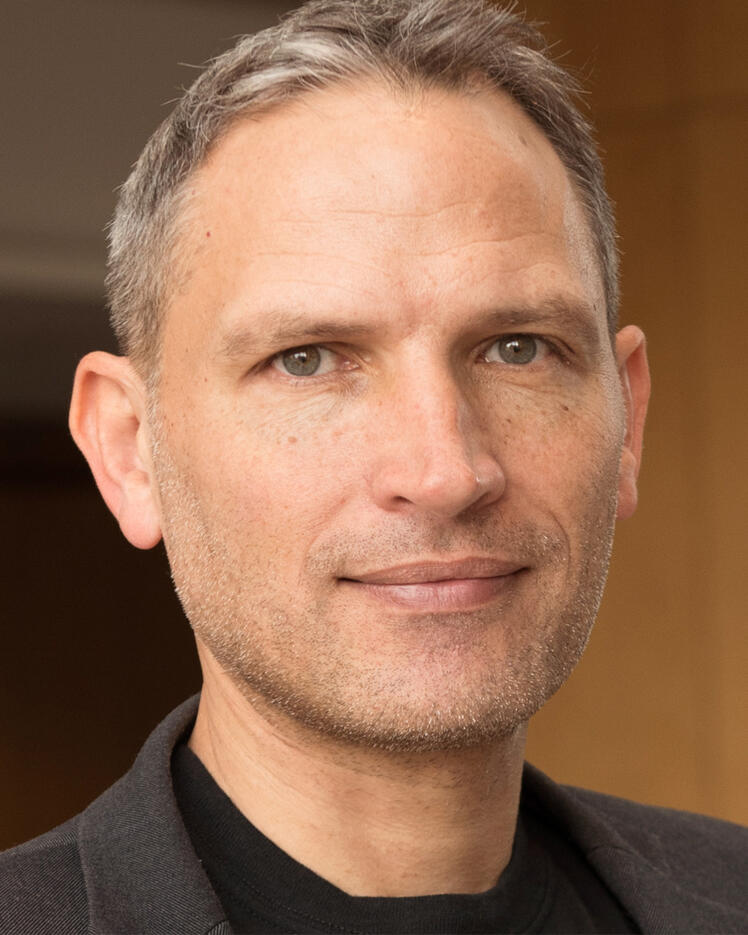
Karim Jerbi
Biography
Karim Jerbi is a professor in the Department of Psychology at Université de Montréal. He holds the Canada Research Chair in Computational Neuroscience and Cognitive Neuroimaging, and is the director of UNIQUE (Unifying Neuroscience and Artificial Intelligence in Quebec). A member of the Royal Society of Canada’s College of New Scholars, Artists and Scientists, Jerbi obtained a PhD in cognitive neuroscience and brain imaging from the Pierre & Marie Curie University in Paris and a biomedical engineering degree from the University of Karlsruhe (Germany).
Jerbi’s research lies at the crossroads of cognitive, computational and clinical neuroscience. The goal of his research is to probe the role of large-scale brain dynamics in higher-order cognition and to investigate brain network alterations in the case of psychiatric and neurological disorders. The multidisciplinary research conducted in his laboratory combines magnetoencephalography (MEG), scalp- and intracranial electroencephalography (EEG) with advanced signal processing and data analytics, including machine learning. Ongoing projects in his lab use electrophysiological brain recordings to examine large-scale brain network dynamics in a range of cognitive processes (e.g., decision-making and creativity) and across different states of consciousness (resting wakefulness, sleep, dreaming, anesthesia, meditation and psychedelic states). Jerbi is also strongly committed to the promotion of social justice, equity, diversity and inclusion in academia, and he has a keen interest in the convergence between brain science, AI, creativity and art.


